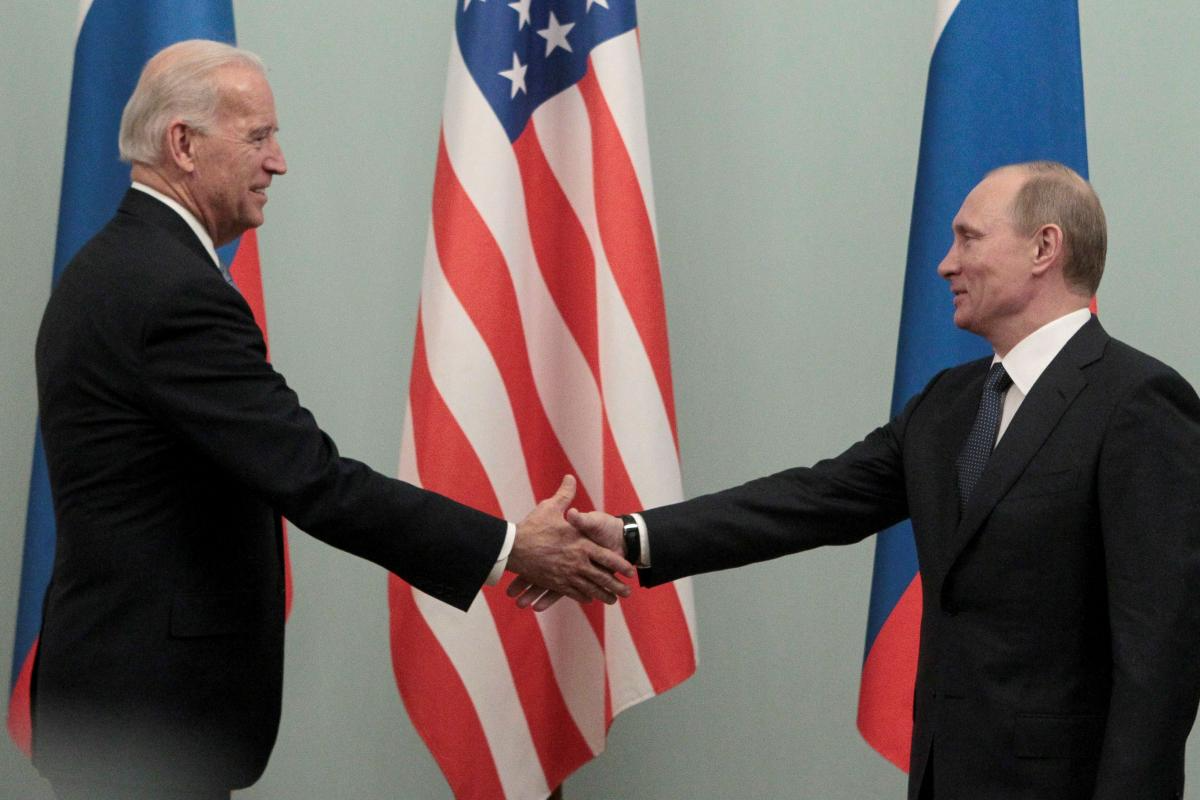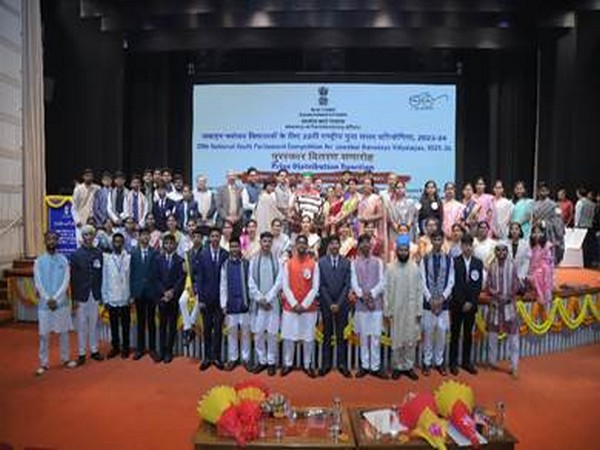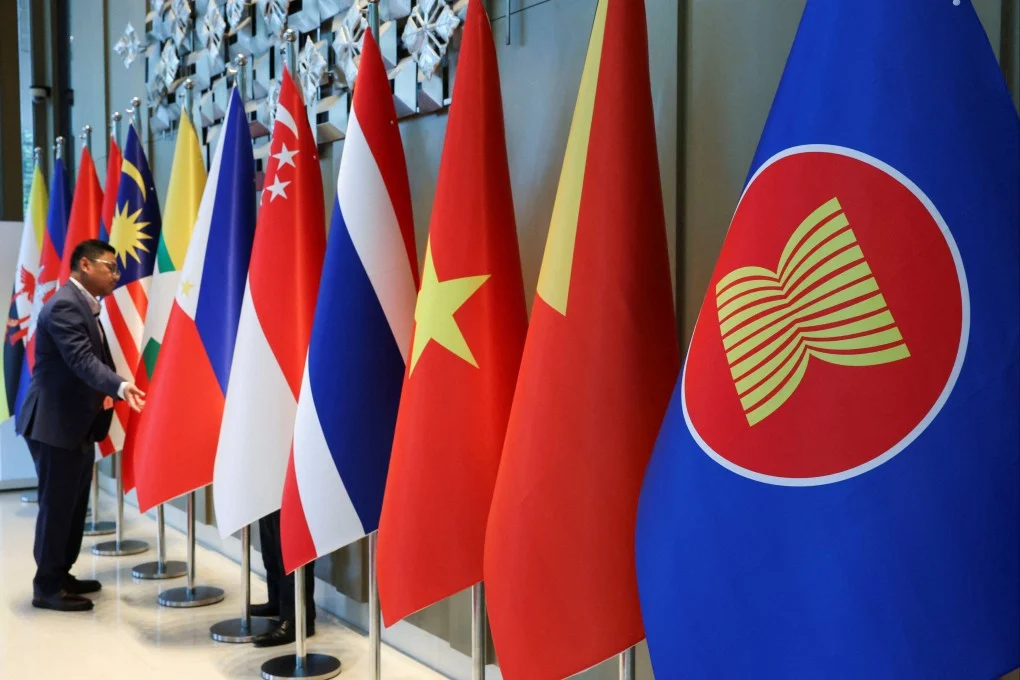Russia says US‑Russia relations remain positive despite inconsistent American policy signals
Russia Asserts Positive U.S. Relations Amid Conflicting Policy Signals from Washington
1. Moscow Emphasizes Constructive Diplomatic Outlook
Despite an increasingly erratic landscape in U.S. foreign policy, Russia’s senior diplomatic leadership has expressed optimism about the state of bilateral relations between the two geopolitical powerhouses. In a recent media briefing, Russian Deputy Foreign Minister Sergei Ryabkov emphasized that “a fundamentally positive trend remains” in U.S. Russia engagement, even as American signals appear “inconsistent and at times contradictory.”
The statement came amid speculation that renewed sanctions, policy reversals, and shifting rhetoric from the U.S. government could hinder fragile diplomatic gains made in the past year. Nevertheless, Moscow has publicly maintained that it seeks pragmatic cooperation with Washington on mutual interests, ranging from arms control and cybersecurity to global economic stability and conflict de escalation.
2. U.S. Messaging Deemed Erratic but Manageable
Ryabkov described the current American foreign policy approach as “zigzag diplomacy” a metaphor for unpredictable shifts in tone and tactics. This includes everything from sudden escalations in sanctions to backchannel diplomatic overtures, often occurring within the same news cycle. Russian officials have voiced frustration over what they view as a lack of coherence in U.S. policy toward Moscow, particularly on issues such as Ukraine, NATO expansion, and energy geopolitics.
However, Ryabkov insisted that Moscow will not allow these inconsistencies to derail diplomatic progress. “We do not react impulsively,” he said. “Our position remains measured and anchored in a long term strategic vision.” This approach reflects the Kremlin’s broader philosophy of strategic patience waiting out political turbulence in Washington in the hope that deeper institutional channels of dialogue can prevail over time.
3. Engagement Continues Across Multiple Fronts
Despite differences on major international issues, both countries have continued to engage diplomatically. A series of technical level meetings between U.S. and Russian diplomats have taken place over the past year, covering topics like nuclear arms verification, Arctic policy, and space traffic governance. At the recent ASEAN summit in Kuala Lumpur, Russian Foreign Minister Sergey Lavrov met with U.S. lawmakers in an informal capacity an unusual but meaningful gesture.
On the economic front, talks have been ongoing to normalize certain bilateral exchanges in sectors unaffected by sanctions, including pharmaceutical cooperation, space science, and rare earth mining. Russian trade envoys have signaled a desire to expand joint commercial ventures in Asia and the Arctic, while also acknowledging that the current political climate restricts broader economic normalization.
4. Sanctions No Longer Deter Russia
Another recurring theme in Russia’s official stance is that Western sanctions, while disruptive, have lost much of their deterrent power. “The era of shock has passed,” Ryabkov said in response to questions about possible new sanctions from Congress. “We have adapted structurally and economically.”
Indeed, in recent years Russia has developed numerous import substitution programs, created alternative payment systems to bypass SWIFT, and diversified its energy export base toward Asia. While the economic cost of sanctions remains significant, the Kremlin portrays its resilience as proof of sovereignty and self reliance.
Additionally, Moscow has grown more proactive in shaping global narratives, using media and diplomacy to frame sanctions as tools of Western hegemony rather than legitimate instruments of international law.
5. Strategic Patience Russia’s Long Game
Behind the scenes, analysts believe Russia is playing a calculated long game. With Washington entering another election cycle, Kremlin strategists anticipate that the current volatility in U.S. foreign policy may subside once a new administration if Democratic or Republican clarifies its long term international agenda.
In the meantime, Russia appears focused on maintaining baseline communication, avoiding military escalation, and preserving strategic arms dialogue through forums like the New START Treaty. Russian officials have emphasized the need to renew or replace major arms control agreements before they expire, warning that failure to do so could trigger a dangerous new arms race.
6. Differences on Ukraine Remain a Stumbling Block
While some areas of cooperation remain intact, the Ukraine conflict continues to cast a long shadow over bilateral relations. Russia has consistently criticized the U.S. for what it perceives as interference in the region and support for NATO's eastward expansion. Conversely, Washington accuses Moscow of undermining Ukrainian sovereignty and violating international norms.
Despite these tensions, both sides have quietly backed certain de escalatory initiatives, such as prisoner exchanges and humanitarian corridors. Diplomats from neutral countries like Switzerland and Turkey have facilitated unofficial dialogue in the hope of finding a diplomatic off ramp to the ongoing conflict.
While no major breakthroughs have been announced, the mere continuation of dialogue is seen by some observers as a positive sign particularly given the complete diplomatic freeze seen at the height of the conflict in 2022 2023.
7. Global Issues as Points of Convergence
Outside their regional disputes, the U.S. and Russia have shown interest in collaborating on global challenges that transcend national borders. Climate change, pandemic preparedness, and nonproliferation have all been mentioned by Russian diplomats as areas where Moscow sees room for coordination. The Arctic, in particular, has emerged as a zone of both competition and cooperation, with Russia acknowledging U.S. expertise in scientific research and environmental protection.
Similarly, both countries are wary of unregulated artificial intelligence, weaponized space assets, and biotechnological risks. While formal agreements in these areas remain elusive, the acknowledgment of mutual interest lays the groundwork for future cooperation, should political conditions improve.
8. Outlook Fragile Optimism in an Uncertain Era
Looking ahead, Russia’s messaging suggests that it is not giving up on diplomacy with the United States. While deeply skeptical of current U.S. policy shifts, Moscow believes that sustained communication and issue based cooperation remain possible. Officials have made clear they are open to restoring more normalized relations if Washington demonstrates greater consistency and respect for Russian national interests.
Nonetheless, the road to rapprochement remains steep. The coming months particularly as the U.S. heads into a contentious election cycle could either reinforce the current state of cautious engagement or see a return to more confrontational postures, depending on who assumes leadership and what foreign policy direction is prioritized.
For now, Russia’s strategy appears rooted in flexibility keeping channels open, asserting national sovereignty, and maintaining a veneer of optimism even in the face of geopolitical turbulence.






 U.S. tariffs favour Asia?
U.S. tariffs favour Asia?  Nationwide Heatwave Alerts Issued Amidst Soaring Temperatures
Nationwide Heatwave Alerts Issued Amidst Soaring Temperatures  Discovery of New Frog Species
Discovery of New Frog Species  Air Quality in Delhi NCR Plummets to ‘Severe’ Levels
Air Quality in Delhi NCR Plummets to ‘Severe’ Levels  JNU hosts first Indian Knowledge Systems conference with 100+ papers
JNU hosts first Indian Knowledge Systems conference with 100+ papers